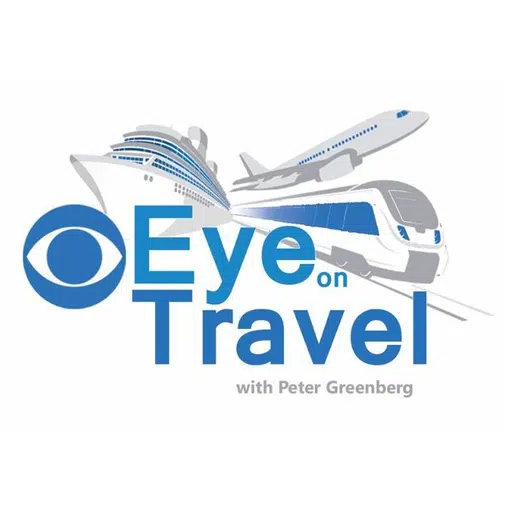By Andres Gonzalez and Amy-Jo Crowley
LONDON (Reuters) – Manchester United will receive multiple offers when an initial deadline for bids expires on Friday, sources familiar with the process said, kicking off potentially the largest sports deal ever.
British billionaire Jim Ratcliffe, a life-long supporter and founder of chemicals group INEOS, is one likely bidder, along with U.S. private equity firms and possibly Qatari investors, the sources said, speaking on condition of anonymity.
However, it is not expected that Twitter owner and Tesla boss Elon Musk will lead any of the offers for the English soccer club, as some media reports had speculated, one of them added.
Manchester United, INEOS, Tesla and Musk did not reply to requests for comment.
Suitors have been asked to submit a bid amount and proof of funds by Friday, the sources said. Raine Group, the investment bank running the process, will then draw up a shortlist.
Raine Group did not reply to requests for comment.
A deal for the record 13-times English Premier League winners will likely exceed the biggest sports deal so far, the $5.2 billion – including debt and investments – paid for Chelsea, the sources said, as Manchester United generates more revenues and has a larger fan base that its London rival.
The northwest England club has 659 million supporters worldwide, according to market research firm Kantar, equivalent to nearly a tenth of the world’s population.
Its current majority owner, the Glazer family, is seeking a valuation as high as 7 billion pounds, sources said.
“For potential buyers, football clubs like Manchester United are considered trophy assets driven by the perception of exclusivity. The rationale is similar to justifying the price paid for a painting,” said Andy Currie, UK managing partner at financial services firm Alantra.
Qatari state investors already have a stake in French club Paris Saint-Germain and could face challenges structuring a takeover of Manchester United, as the rules of European soccer governing body UEFA forbid two clubs with the same owner both taking part in the lucrative European Champions League.
Rival Premier League club Tottenham Hotspur is set to receive a $3.75 billion bid from Iranian-American billionaire Jahm Najafi, a source familiar with the matter told Reuters. Spurs’ owner, Bahamas-based billionaire Joe Lewis, is reportedly holding out for a higher price. The size of that bid has fuelled speculation Manchester United will attract significantly more.
Manchester United is the fourth richest soccer club in the world, according to analysis by Deloitte. Tottenham, which has never won the Premier League, ranks ninth.
A small portion of Manchester United shares is listed on the New York Stock Exchange. The stock market capitalisation on Thursday exceeded $4 billion.
The Glazers bought United for 790 million pounds ($947 million) in 2005 in a highly-leveraged deal, which critics – among them many fans – say loaded too much debt onto the club.
The club has said it expects to generate up to 610 million pounds of revenues in its 2023 fiscal year and adjusted earnings before interest, tax, depreciation and amortisation (EBITDA) of up to 140 million pounds.
OPPORTUNITIES
“I have clients who buy artwork believing it will increase in value over time, but paying tens of millions for artwork cannot be justified by its profit and loss alone. It’s more about the brand association and resonance,” Currie said.
Appetite for Premier League clubs is growing, partly fuelled by sky rocketing revenues from global media rights, the potential to redevelop stadiums and sell naming rights, and the opportunities for global sponsorship deals, experts say.
“If you look at football, there are real opportunities across Europe and the U.S. to get a much higher level of return through broadcasting,” said Andrea Guerzoni, global vice chair, strategy and transactions, at advisory firm EY.
The opportunity to redevelop Manchester United’s Old Trafford ground and increase matchday revenues are other attractions, along with the strength of the club’s global brand.
“The increasing commercialisation and globalisation of the sector means that, even if UK revenues for clubs seem to be close to their peak, the addressable market for the top clubs is genuinely global,” said Alex Dixon, partner at law firm Travers Smith.
Further out, a revival of plans for a European Super League, which the region’s biggest clubs could play in without the threat of relegation, is another factor interesting investors.
In 2022, the volume of transactions in the sports industry around the globe reached $14 billion, 4.2 times the amount invested in the previous year and almost seven times the average of the last 10 years, according to LSEG Deals Intelligence.
“Big teams will attract buyers,” said Paul Harris, head of TMT advisory at KPMG. “There are around seven or eight PE (private equity) firms, both sports specialists and generalists, that have raised funds recently to invest in sports.”
Ratcliffe, who expressed interest in buying Manchester United last month, is sounding out Middle Eastern and U.S. investors to help fund his bid, said one of the sources, who is close to those negotiations.
Through INEOS, Ratcliffe has expanded into sports, investing in Formula 1, cycling, sailing and soccer, and acquiring French Ligue 1 soccer club Nice.
JPMorgan is advising INEOS on the process, the sources said. The U.S. lender is also increasing its exposure to soccer, recently offering to provide up to 1 billion euros in financing for Italy’s top league.
JP Morgan declined to comment.
($1 = 0.8340 pounds)
(Reporting by Andres Gonzalez, Amy-Jo Crowley; Additional reporting by Pablo Mayo Cerqueiro, Emma-Victoria Farr and Andrew Mills; Editing by Matt Scuffham and Mark Potter)






